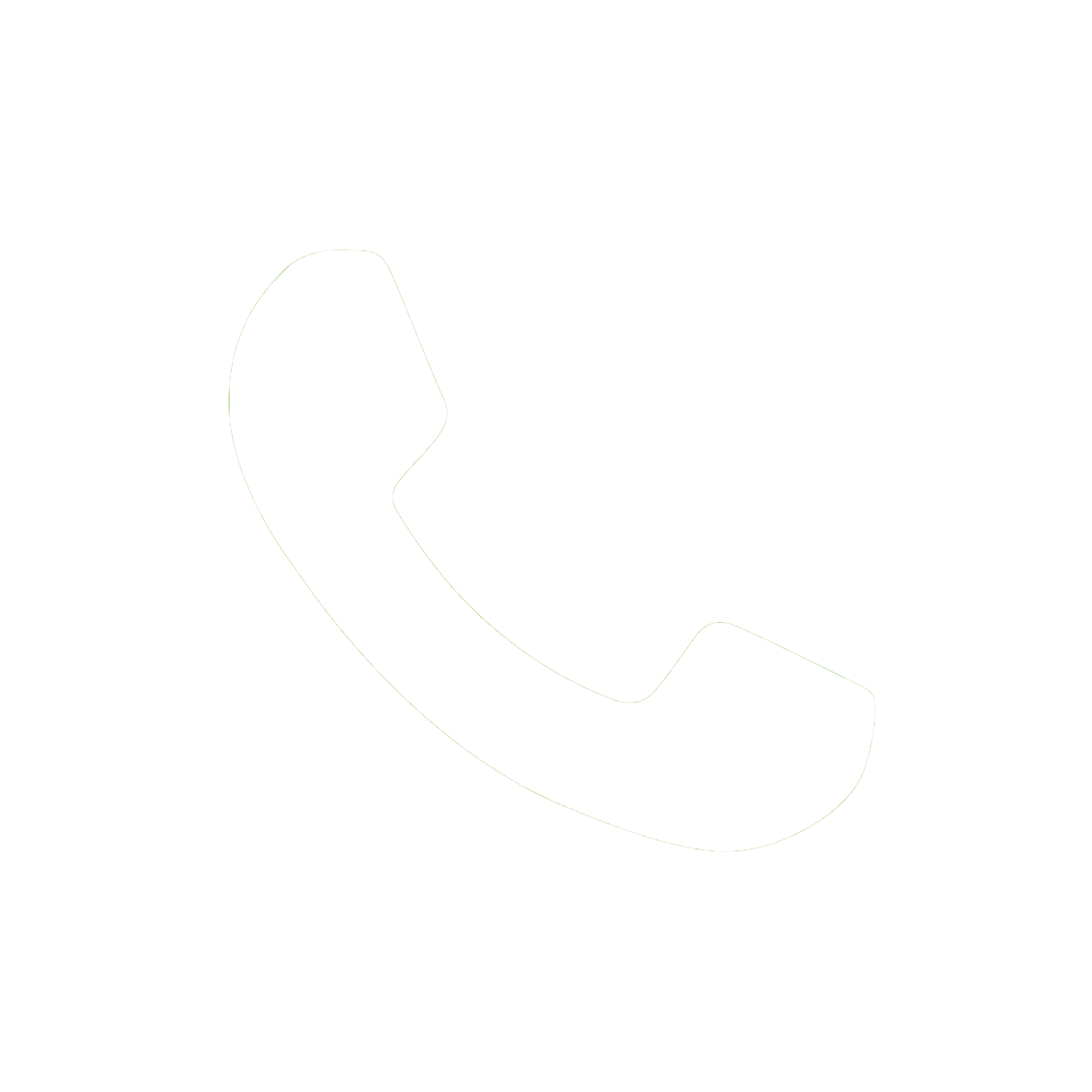ecoDrones
The challenge
Who has heard about a seventh continent ? No, it’s not a new land that just emerged from the ocean. This seventh continent is made of plastic, garbage and microparticules and grows by 80 000km2 every year. This continent is what kills the wildlife on earth. In the North Pacific, 30% of fish have ingested plastic during their life cycle. In 2013, one and a half million animals were victims of plastic waste due to their presence in the oceans throughout the world. All animal species are affected. But let’s take a look closer to home. Let’s talk about cities, our city. Who has never seen a smoker throw their cigarette on the ground and crushed it with their feet without thinking twice about it ? Who has never had their plastic bag blown away by the wind and did not run after it ? Who has never seen a junkie throwing his bottle on the ground ? Our world is filled with waste, you just need to take a walk in the street to see it. If you really pay attention, you’ll be shocked at how many bottles, cans, cigarettes, papers and bags we can find. Worse than that, this number increases every day because nobody has come up with an efficient solution to pick up all this garbage. Nowadays the intensive and excessive use of the resources and the waste disposal in the environment contribute to damage our environment. This change has an impact on the company, the human health, the economy, the alive species, the food production, the tourism and the ecology. Every day the pollution of our environment increases, the human health is more and more endangered, but we do not worry about it. Here is the problem we are striving to tackle. Cities and beaches are filthy. We want to clean them.
The solution
Our solution and purpose is to revolutionise the way we pick up waste. We plan on building a solar-powered drone which would be capable of detecting waste in streets and on beaches, of collecting them and then of returning them towards a trash can. It would contribute to erase the pollution in terms of waste and to have a city and a beach cleaner than ever. But how might drones do it ? Thanks to the latest technology progress such as Artificial Intelligence, solar energy, electronics and GPS. These drone would operate on a delimited zone, this would be the hexagonal air surrounding the place where the drone “rest” and charge while he is inactive. He would have an infrared camera allowing him to “see” what is around him, on the ground and a waste recognition of different types: paper, bottles, etc. The drone would also have the knowledge of every the trashes surrounding him and would have an adapted GPS integrated. The drone would be inactive during the day as it would allow him to first, charge his battery with photovoltaic energy and secondly, by working during the night, it wouldn't “disturb” the passerby while taking away the waste. The charging platform of the drone is the one which will provide the drone with energy and will be situated in an open space of the city exposed to sunlight. The platform would be equipped of a large solar panel on the roof which would charge, during the day, the batteries of all the drones on the platform.
